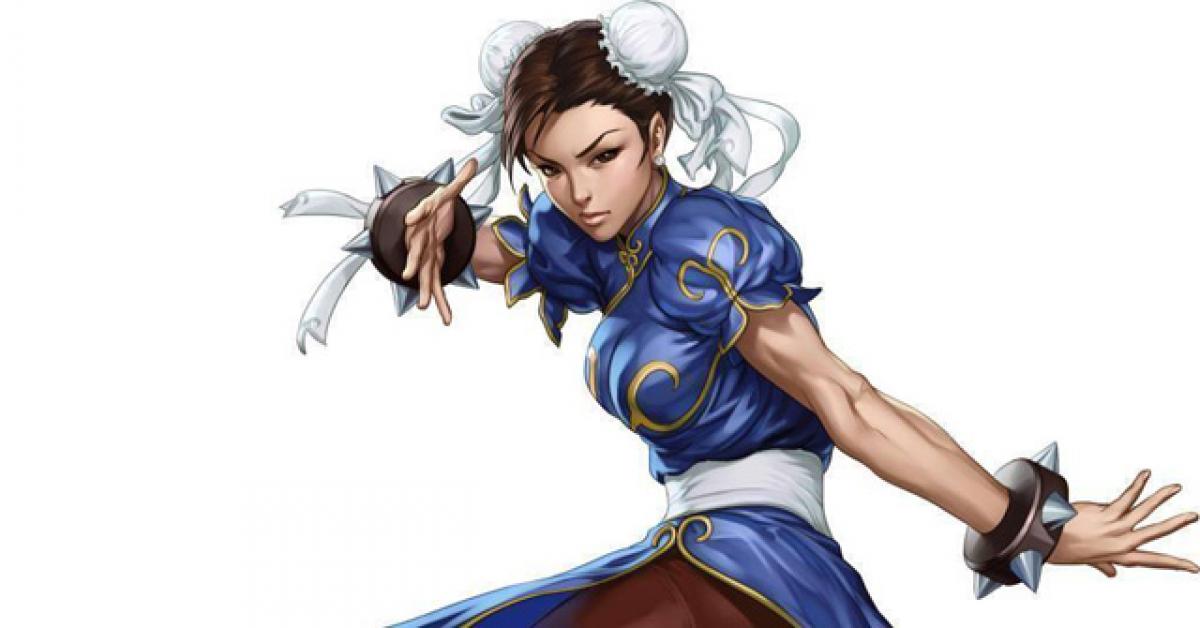Live
- Run for men’s health issues on Nov 23, 24
- Quick commerce workforce expansion to surge by 60 pc in India
- State on the brink of a public uprising over Waqf issue, says BJP
- Dr Soumya Swaminathan to talk on TB, COVID at UoH on Nov 25
- Darshan has not followed interim bail guidelines, Govt tells HC
- Parties keenly await bypoll results, spotlight on high-profile Channapatna
- 22 Central Medicine Stores to come up in TG in a week: Min Damodar Rajanarsimha
- Exit poll predictions will be proven wrong, says Dy CM
- Consumption of ganja rocks National Sanskrit University
- Air India institute to create skilled engineers for aircraft maintenance









